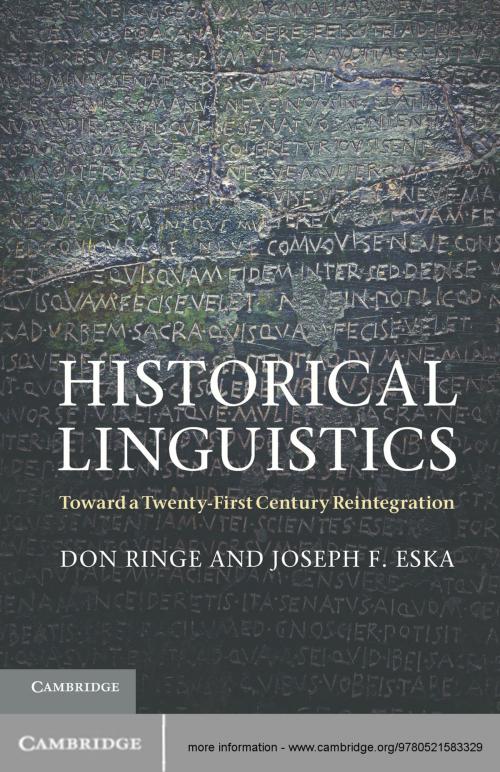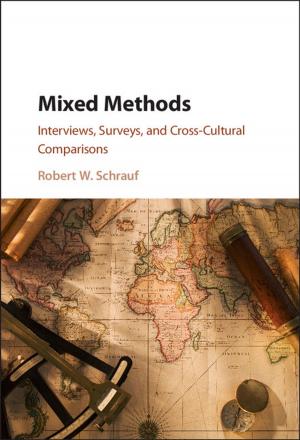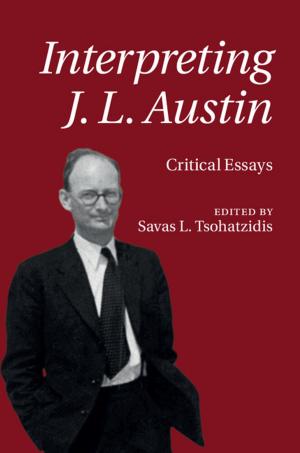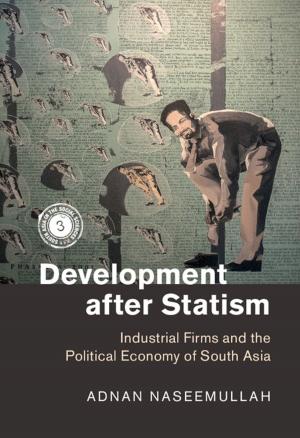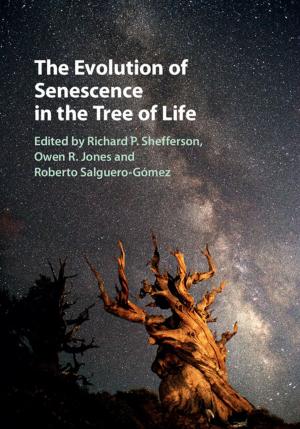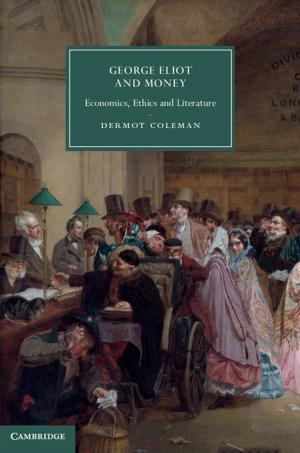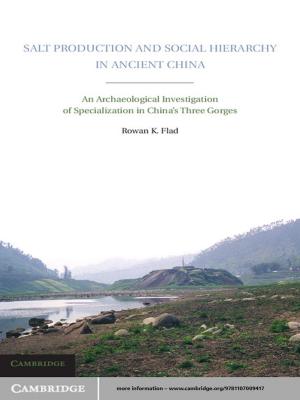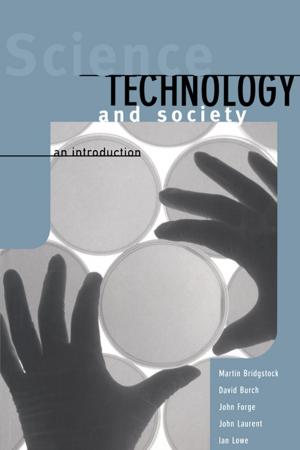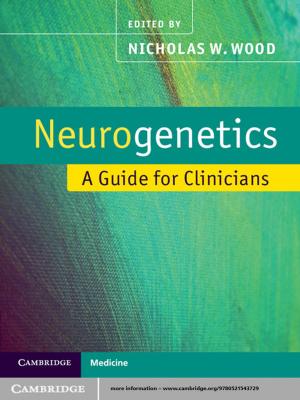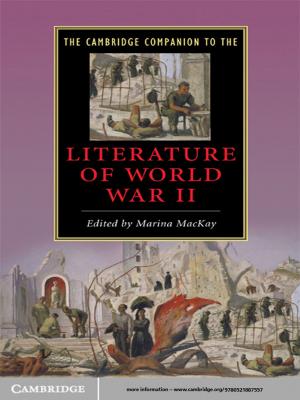Historical Linguistics
Toward a Twenty-First Century Reintegration
Nonfiction, Reference & Language, Language Arts, Linguistics| Author: | Don Ringe, Joseph F. Eska | ISBN: | 9781139609692 |
| Publisher: | Cambridge University Press | Publication: | January 24, 2013 |
| Imprint: | Cambridge University Press | Language: | English |
| Author: | Don Ringe, Joseph F. Eska |
| ISBN: | 9781139609692 |
| Publisher: | Cambridge University Press |
| Publication: | January 24, 2013 |
| Imprint: | Cambridge University Press |
| Language: | English |
Bringing the advances of theoretical linguistics to the study of language change in a systematic way, this innovative textbook demonstrates the mutual relevance of historical linguistics and contemporary linguistics. Numerous case studies throughout the book show both that theoretical linguistics can be used to solve problems where traditional approaches to historical linguistics have failed to produce satisfying results, and that the results of historical research can have an impact on theory. The book first explains the nature of human language and the sources of language change in broad terms. It then focuses on different types of language change from contemporary viewpoints, before exploring comparative reconstruction - the most spectacular success of traditional historical linguistics - and the problems inherent in trying to devise new methods for linguistic comparison. Positioned at the cutting edge of the field, the book argues that this approach can and should lead to the re-integration of historical linguistics as one of the core areas in the study of language.
Bringing the advances of theoretical linguistics to the study of language change in a systematic way, this innovative textbook demonstrates the mutual relevance of historical linguistics and contemporary linguistics. Numerous case studies throughout the book show both that theoretical linguistics can be used to solve problems where traditional approaches to historical linguistics have failed to produce satisfying results, and that the results of historical research can have an impact on theory. The book first explains the nature of human language and the sources of language change in broad terms. It then focuses on different types of language change from contemporary viewpoints, before exploring comparative reconstruction - the most spectacular success of traditional historical linguistics - and the problems inherent in trying to devise new methods for linguistic comparison. Positioned at the cutting edge of the field, the book argues that this approach can and should lead to the re-integration of historical linguistics as one of the core areas in the study of language.
